Why I joined and left TOP
A personal reflection on my participation in the 2023 Election in New Zealand
My first ever debate was at the first event at the beautiful Wellington Tākina Convention Centre during Festival for the Future (a conference for young people run by Inspiring Stories). This debate was against Mārama Davidson (Green Party Deputy Leader), Nicola Willis (National Party Deputy Leader), Greg O'Connor (Labour MP for Ōhāriu and Assistant Speaker), and Nicole McKee (ACT List MP), moderated by Jason Wells (Journalist).
Baptism by fire is an understatement.
Mid debate, during a poorly worded argument I was trying to make, someone in the crowd yelled at me something along the lines of “fuck off and go back to where you came from," and without skipping a beat, as I was processing the comment and trying to get on top of my nerves, Nicola Willis turned to me and said, "Don't worry, we've got you – keep going!" followed by Marama Davidson telling that person there was no room for abuse to candidates during the campaign. An inspiring display of political solidarity and leadership which held me in good stead moving forward, and I will never forget it.
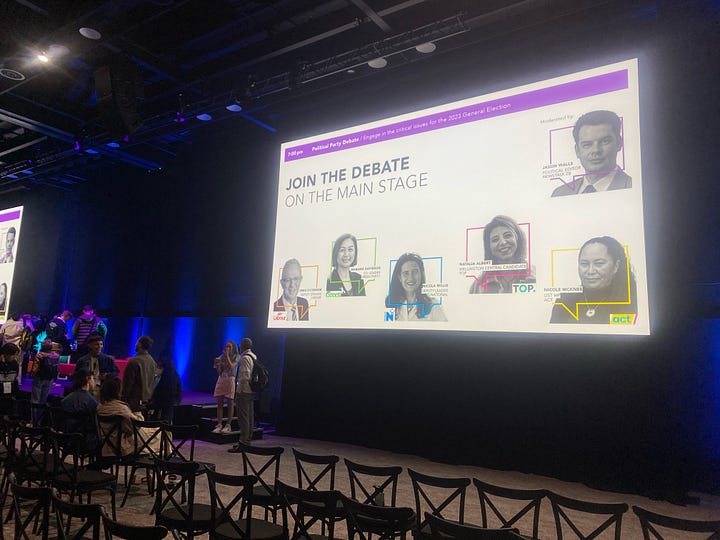
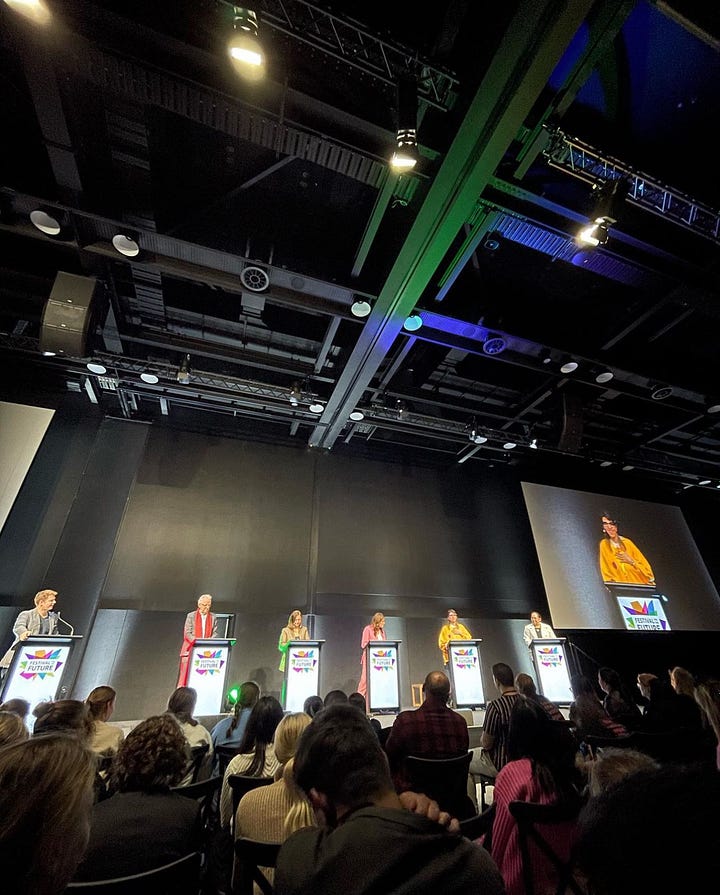
So how did I get there?
In March 2023, I emailed TOP to offer to volunteer. By April, I was a Candidate for Wellington Central, and by August, I was named Deputy Leader. I rose through the ranks in a way and at a speed that I will reflect on for many years to come. Opportunities that came my way and I took with both hands and ran as fast I could with them.
Why did I run?
I felt I had a perspective that could help neutralize campaign polarisation. I am a female Latin American immigrant in New Zealand; I have been a public servant for 12 years whilst also studying political science in New Zealand over the same period. In 2023, I graduated with my master's in political science. I started my PhD in the School of Government at Te Herenga Waka - Victoria University, focused on understating public policy narratives' impact on New Zealand social cohesion.
So, given my political science background, understanding of the machinery of government, and my personal centrist views, I felt I had a unique perspective to share.
I believe much of the polarization and misinformation occurred during the campaign trail, and I wanted to be part of the solution. I wanted to inspire voters and fellow candidates to campaign and vote more responsibly, honestly and informedly.
TOP campaigned for fresh ideas and political solidarity and focused on the causes, not the issues' symptoms. More personally, my campaign stood for trust over division, competency over emotional rhetoric, and authenticity and vision over the single pursuit of power.
I could see that we were campaigning to divide and governing to unite and that was confusing everybody.
The left was pushing more to the left, which was causing the right to push more to the right, a political trend that benefits nobody in a liberal Western democracy.
I believe our national and global context demands us to think differently as political leaders, and that is what I wanted to do. I knew I could campaign in a more creative way and showcase I could campaign to unite while still disagreeing and challenging my fellow candidates, a skill I feel political leaders have lost.
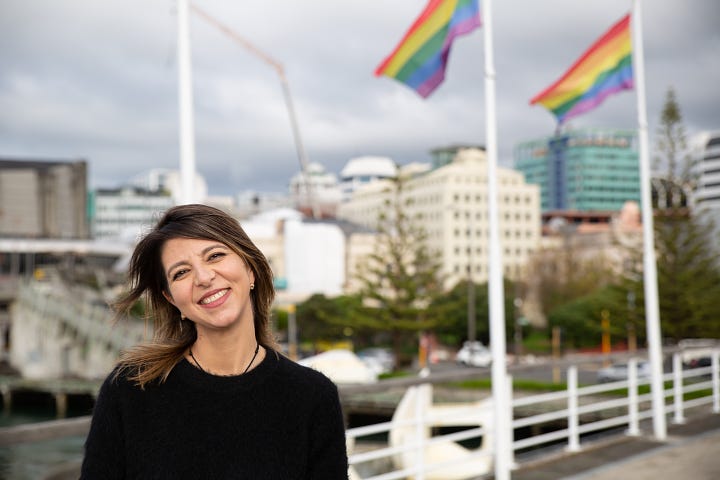
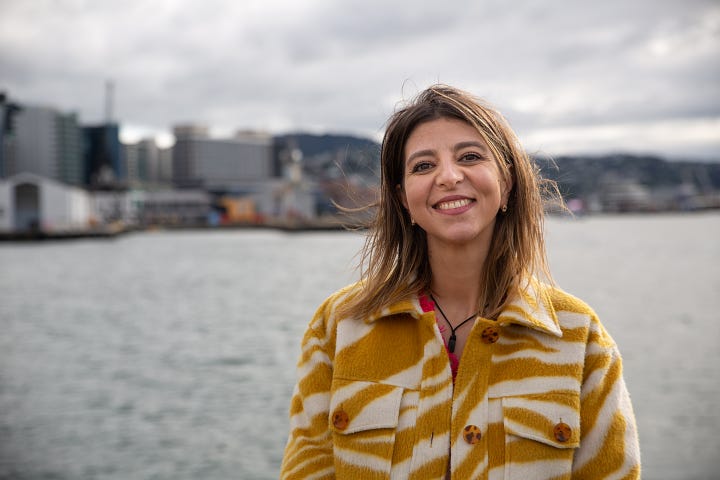
So, what did I achieve?
• Wellington Central earned 5.5% of the party vote, the country's highest party vote for TOP. For some perspective, in 2020 TOP got 3.2% party vote in Wellington Central
• I was named Deputy Leader two months after becoming a candidate and was invited to contribute to this prestigious book. Two very public signs validation helped me understand and believe that I was on the right track.
• I helped design and launch TOPs democracy and governance policy in Wellington with Raf Manji (TOP Party Leader), built on realistic and simple ideas that could strengthen our political system. It was focused on electoral, parliamentary, and local government reforms. As an aspiring political scientist, this was a very special thing to be a part of.
• I reached out to my fellow candidates before the debates started to build trust and mana between us, starting my campaigning as though we were all going to govern together. It is a small but important gesture that helped me set up my values and messaging.
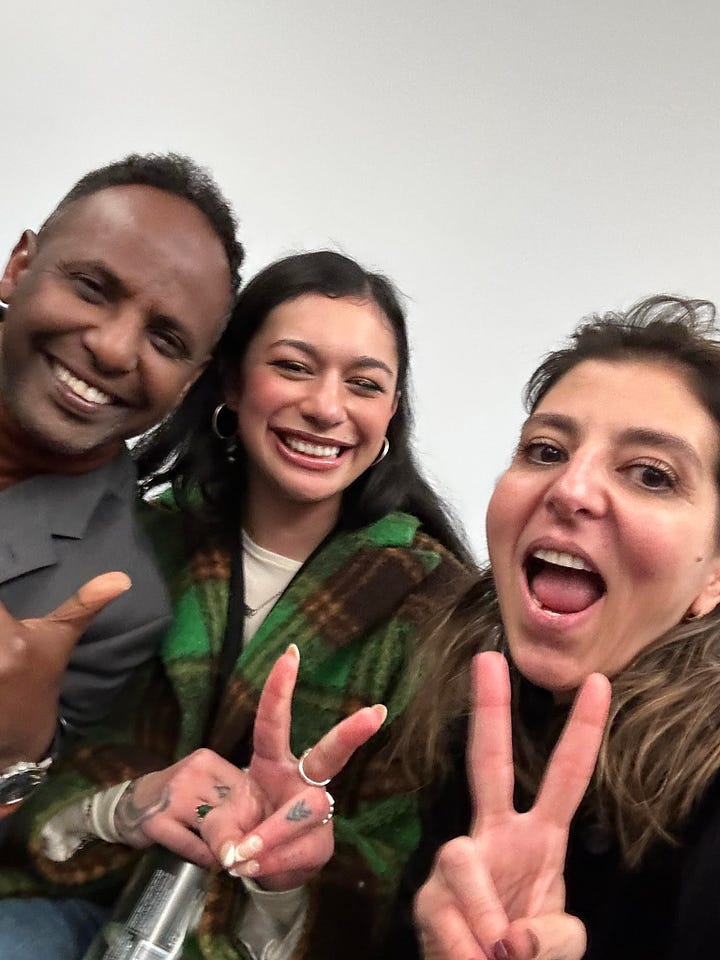
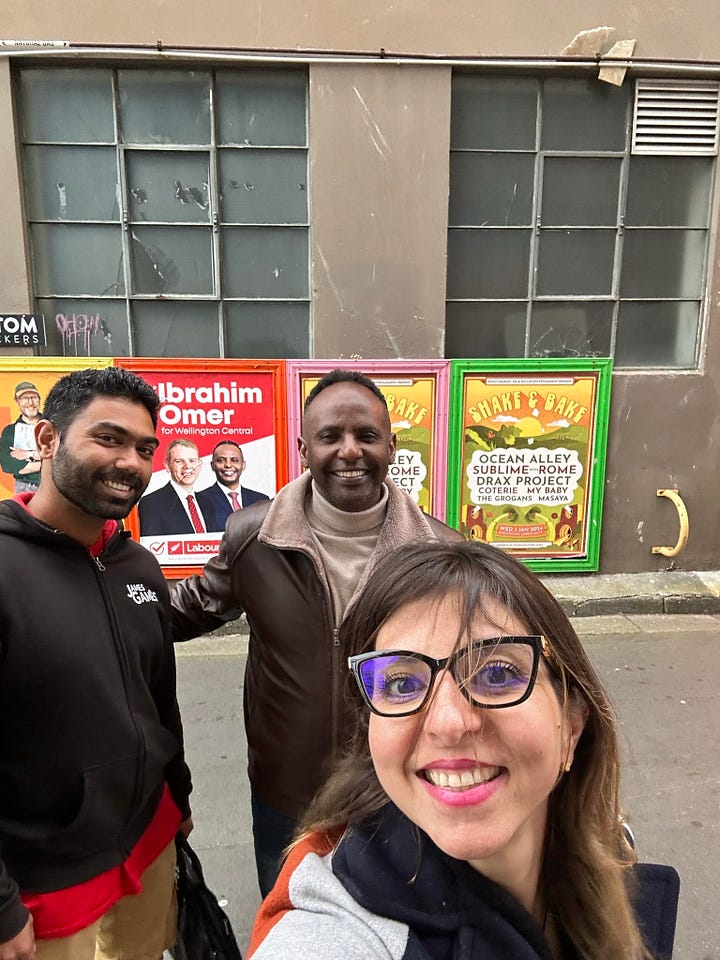
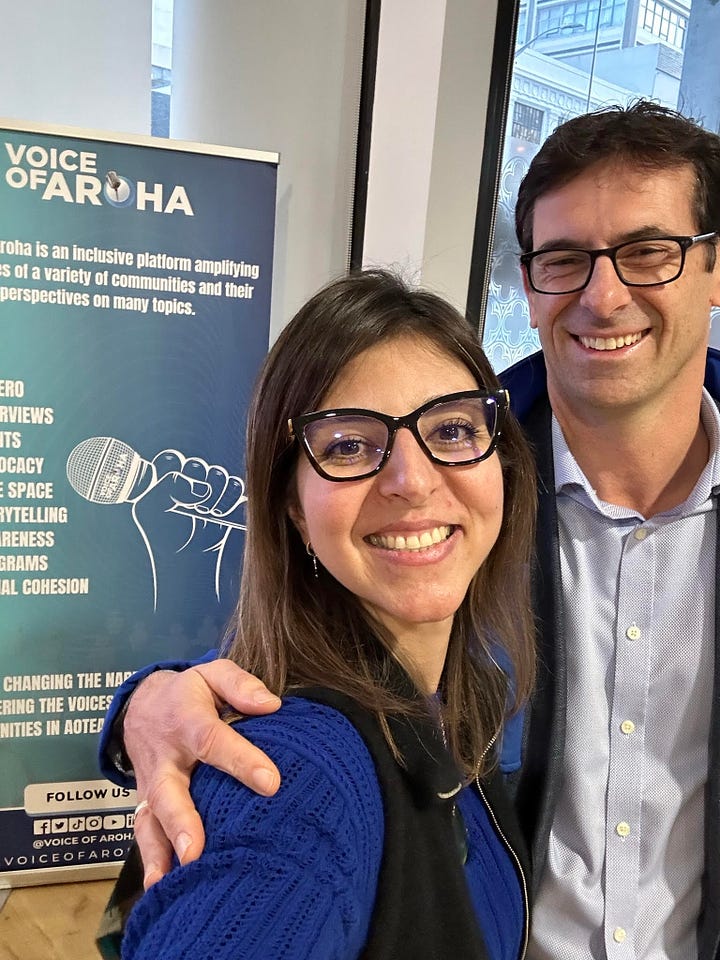
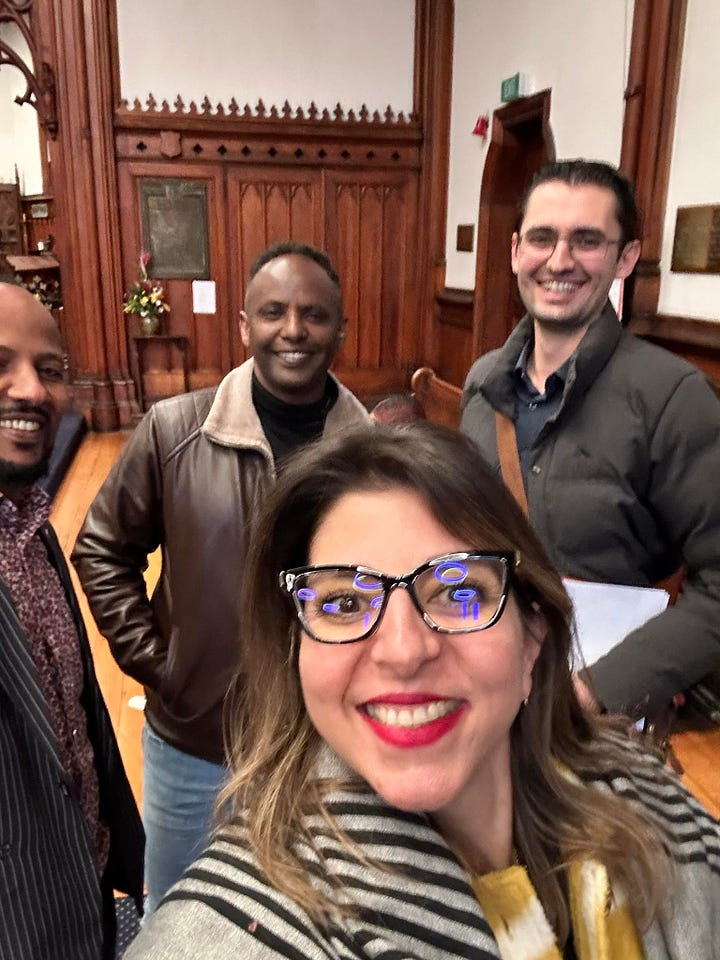
• I also upheld the importance of institutional accountability. I publicly and formally challenged the Victoria University of Wellington Student Association (VUWSA) when I identified they were endorsing the Green Party in very public ways while claiming to be a-partisan and telling me in emails that they would not meet with candidates during the election period. As a Victoria University postgraduate student, candidate and citizen, this felt like something that had to be called out, especially during an election year where we couldn’t afford this type of institutional naiveté.
How did I achieve these wins?
• I worked as hard as I could. I prepared, showed up and did as much as I could, as best as I could. I also had a great team. We were a small team but definitely punched above our weight and could not have done it without them.
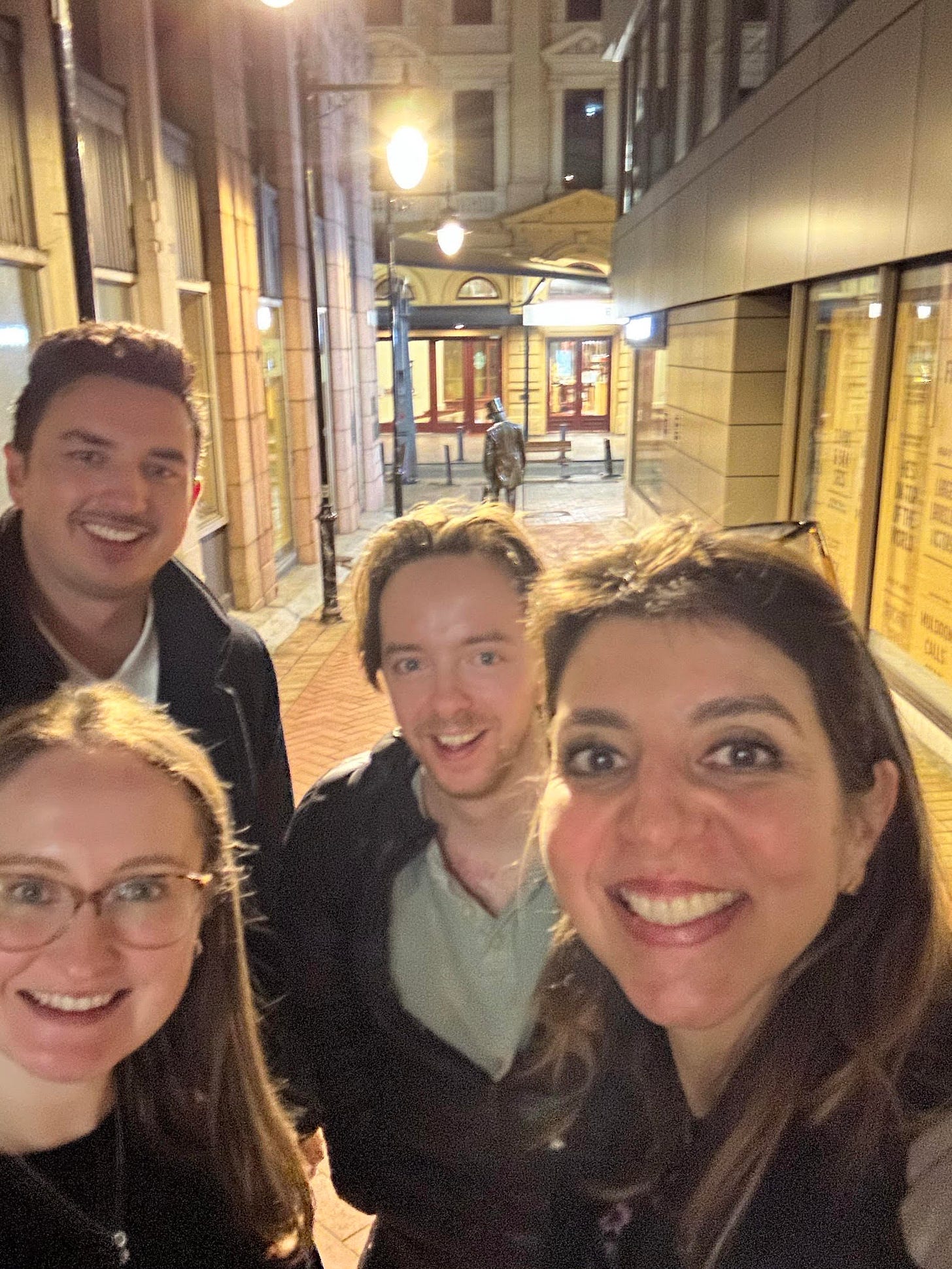
• I went to over 60 events covering topics from climate change, Artificial Intelligence, public service, startups, the economy, education, unions, renters, migrants, and social cohesion, amongst many more. Some weeks, I attended three debates in one day for more than one day at a time. VUWSA alone held up to 12 debates, plus all the Wellington Central Resident Association debates and more sector-specific debates like the Tourism debate in Parliament and a start-up debate held at Creative HQ.
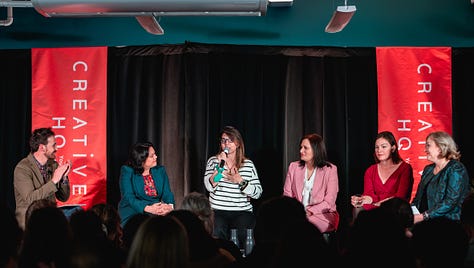
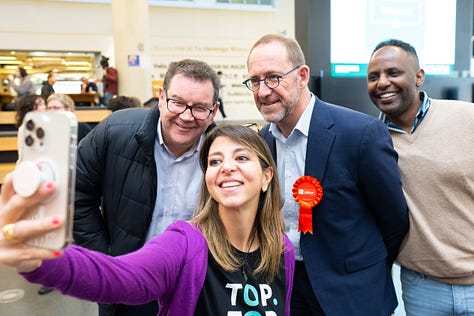
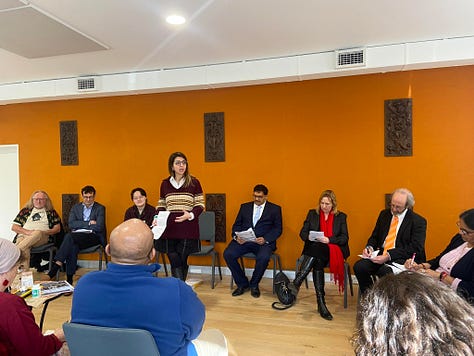
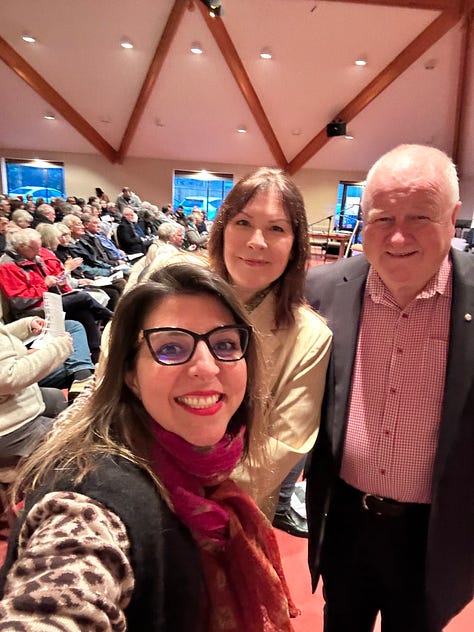
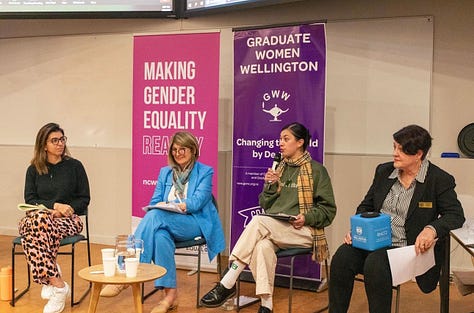
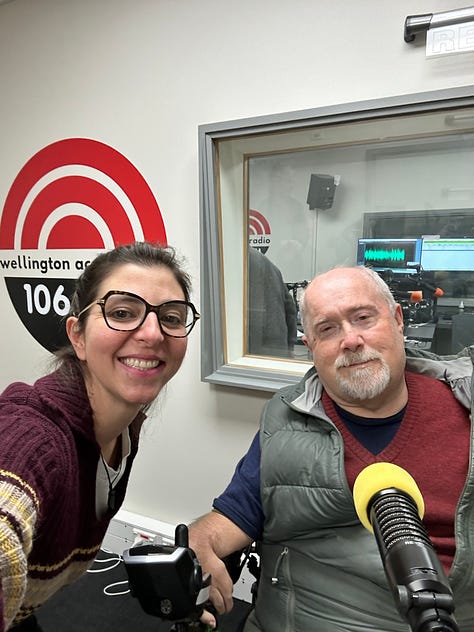
• My campaign was self-funded because the majority of TOP funds went to Raf Manji’s campaign in Ilam. So, I knew I had to be creative to give myself any chance to compete against National, Labour, or Greens funding, brand and legacy. I maintained my commitment to emphasizing trust and transparency over divisive rhetoric within the means I had.
• I focused on building a strong digital presence with high-quality, honest content. In two months of starting my first TikTok account, I gained over 3,000 followers, with over half a million views on my videos. I felt I was hitting the right nerve with my content.
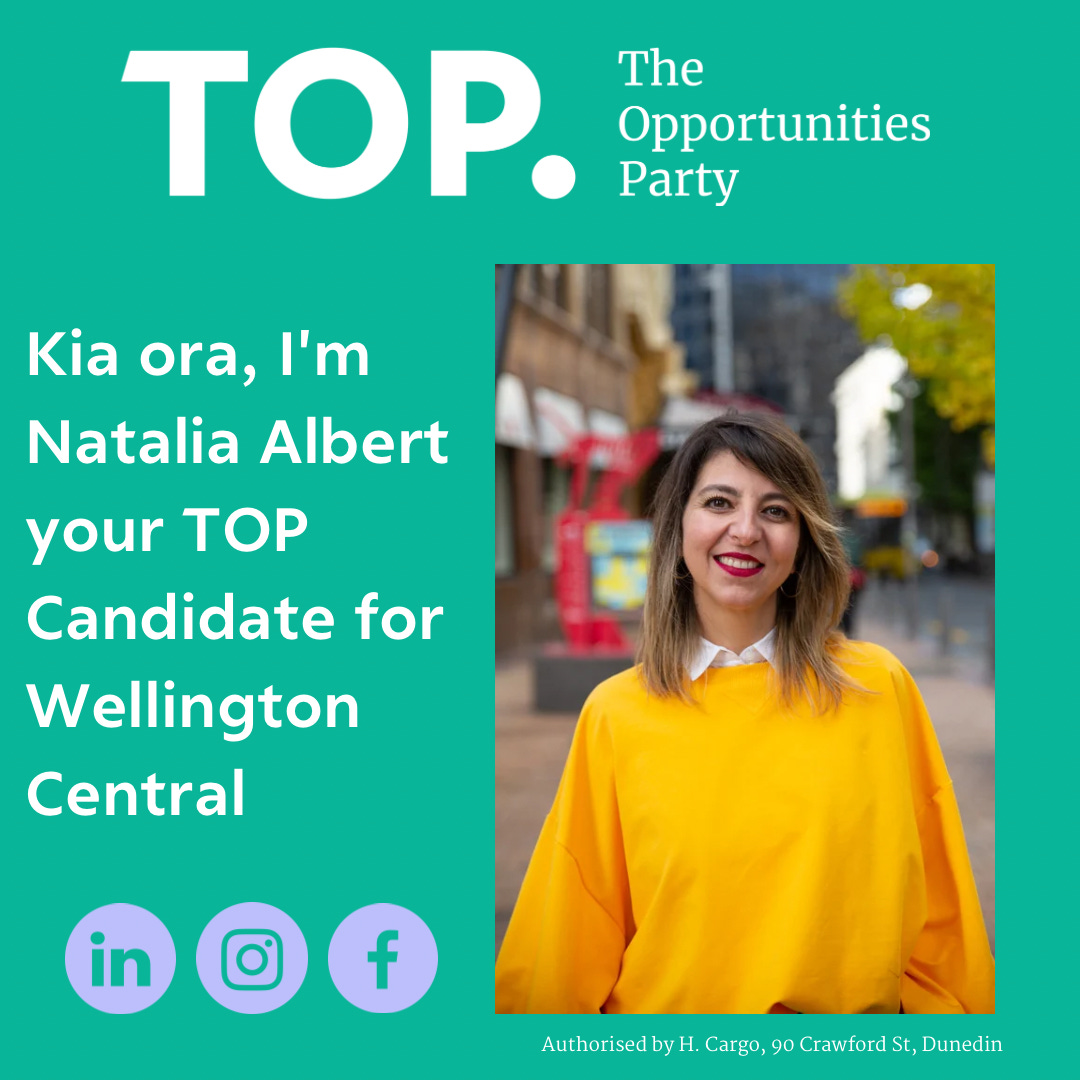
• I chose not to invest in campaign materials heavily or do door-knocking. I didn’t have the money or small army required and didn’t want to break my bank or soul during this process. This was a hard decision, given how critical it is to door-know for a campaign, but I had to make a hard decision given my resources.
• During debates I followed a few important principles: My arguments never targeted individuals, I never campaigned for or against any population or social group, and I focused on the system changes needed, wanting to focus on the causes and not the symptoms of our issues and was my most honest and transparent self, knowing that some of my arguments could and would be misunderstood.
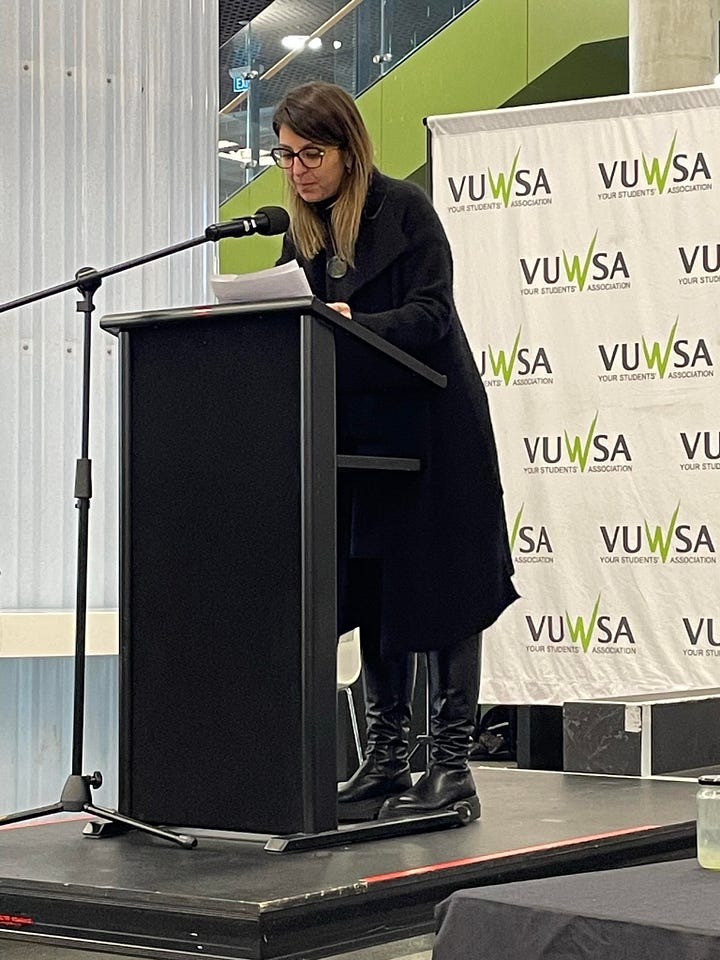
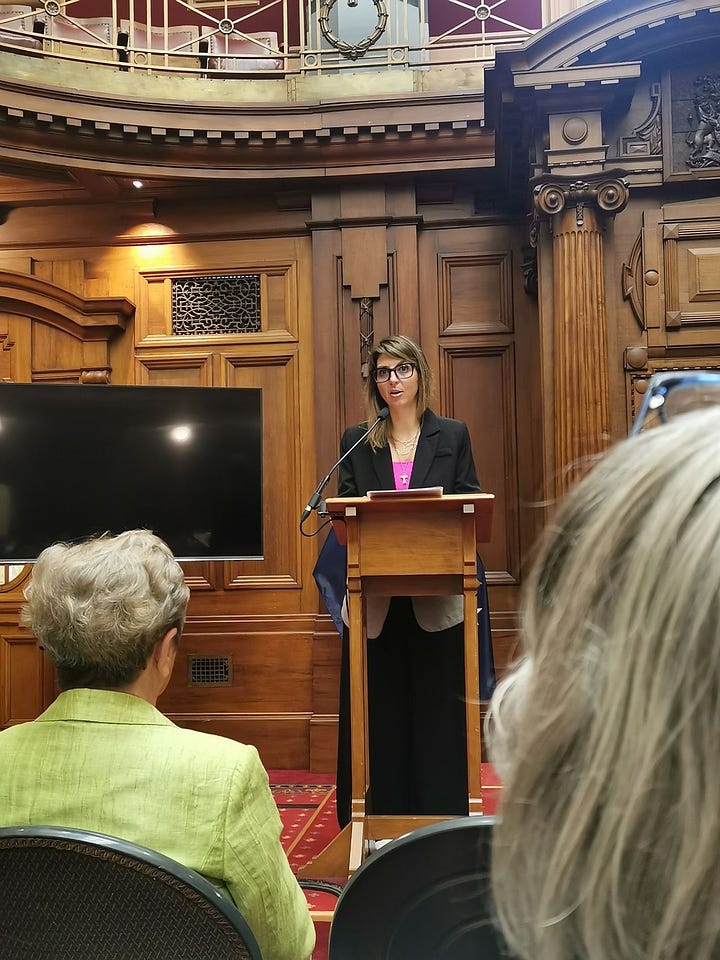
Why did I leave?
Because being a politician was never something I thought of or considered doing long-term, I saw this as a once-in-a-lifetime opportunity, and I ran with it with both hands.
However, doing that and committing to being part of a small political party in the long term is a whole different kettle of fish. Plus, campaigning had some downfalls that are hard to get around like:
Money - it’s expensive to run and to even fundraise for a small party. I ended up spending NZ$7,000 of my own money. I’m sharing this for the sake of transparency. To give you an idea of the difference and what you are competing with, Tamatha raised NZ$100,000. I won’t even say how much more money Scott and Ibraham had.
Correction post-publishing - one day after publishing this article, it was brought to my attention that my statement about “I won’t even say how much Scott and Ibrahim had” is misleading. They then clarified why, and I agree with them.
What I was explained was: “Labour candidates fundraise their own money for campaigns. Head office focuses on the national campaign.” With this new information, I still think the support Ibrahim got from the central party would have been more than anything a small party gets. However, I always aim in being as transparent and flexible as possible and clarifying things when new information is brought to light. Thansk to the person who engaged with me on this, you know who you are :)
Fairness - there is something about the role the media and political party funding play in people’s perception. Both of these things are very hard to influence as a new candidate for a small party, and after months and months of climbing a tall, steep hill, this was a hard pill to swallow for me. Some people have the stomach for this, I am not sure I do.
My professional goals - In the long term, I want to work in Parliament for whatever party gets in. I think of myself as somebody who wants to serve democracy more than one single party.
My academic goals - I want to do a bloody good job at my PhD and become a recognized expert in social cohesion and how to govern pluralities and diverse societies. Doing this while being dyslexic is a steep challenge, so I want to throw everything in the next three years to establish myself as an expert and finish my PhD. Being part of a party took too much time, and I couldn’t do it all well.
My personal life - it’s hard on my family and my health. The amount of adrenaline you generate campaigning is nuts. My body and my husband also had to play a huge role. I’m not sure I want to do that again to him, me or us.
I still don’t know if this was the right decision, but I have to go with my gut, which tells me to prioritize my health, family and PhD.
I want to close with an expert on a poem I heard during the campaign trail at the Wellbeing and Economy Alliance conference in Auckland in August 2023. I believe this poem can challenge our polarized and certain views, views that are eroding our capacity to solve the big issues we are facing. This poem is called “A Cure for Them”, performed by Alina Siegfried a New Zealand award-winning spoken word and poet:
“…so confident we are that we are the ones who are right, we have turned respectful public debate into millions of miniature individual dictatorships of the mind. The teeth of our savage sound bites grow ever sharper by the day while indignant ears remain deaf to anything that does not reinforce our worldview – there is no room for reason in a lynch mob.”





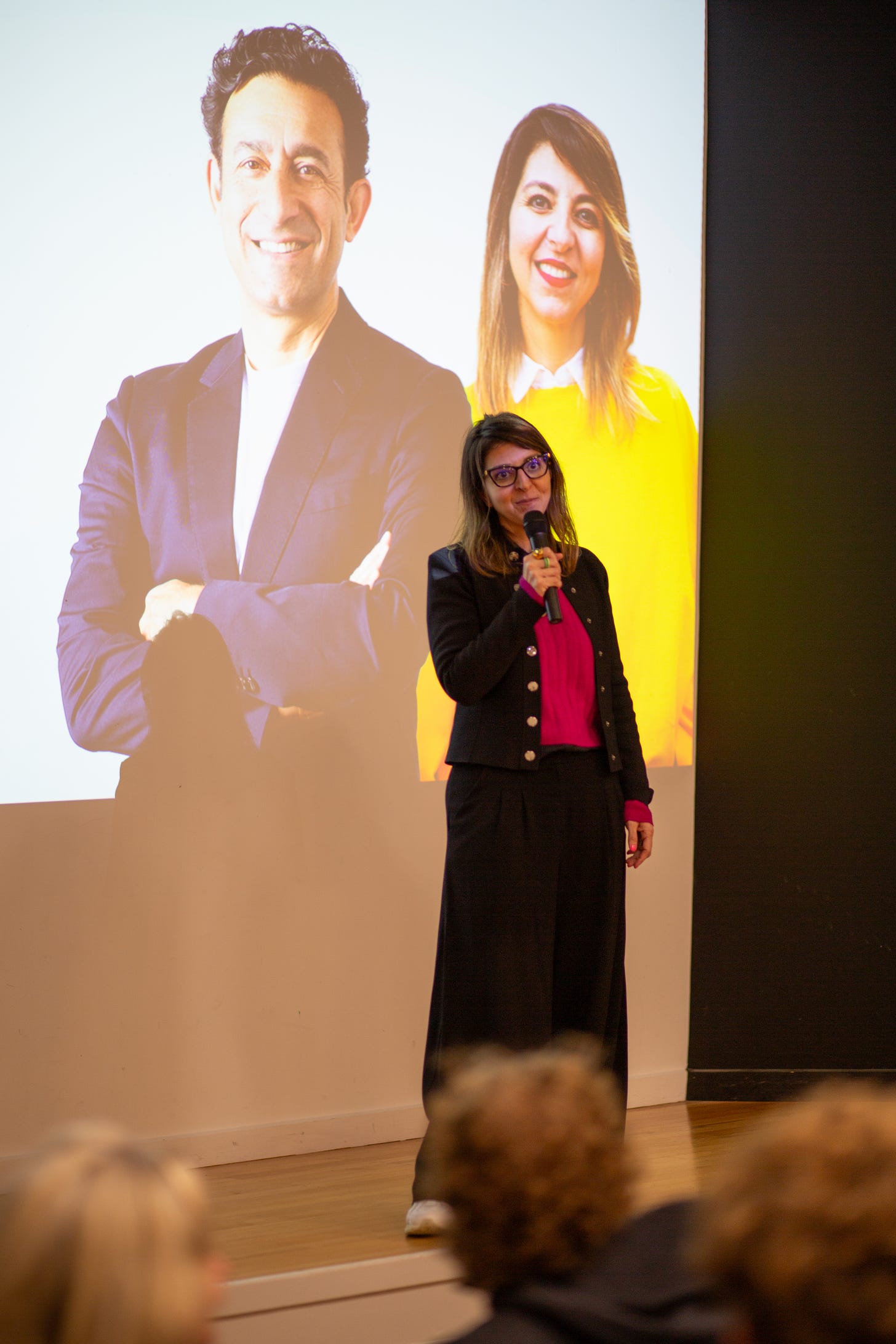
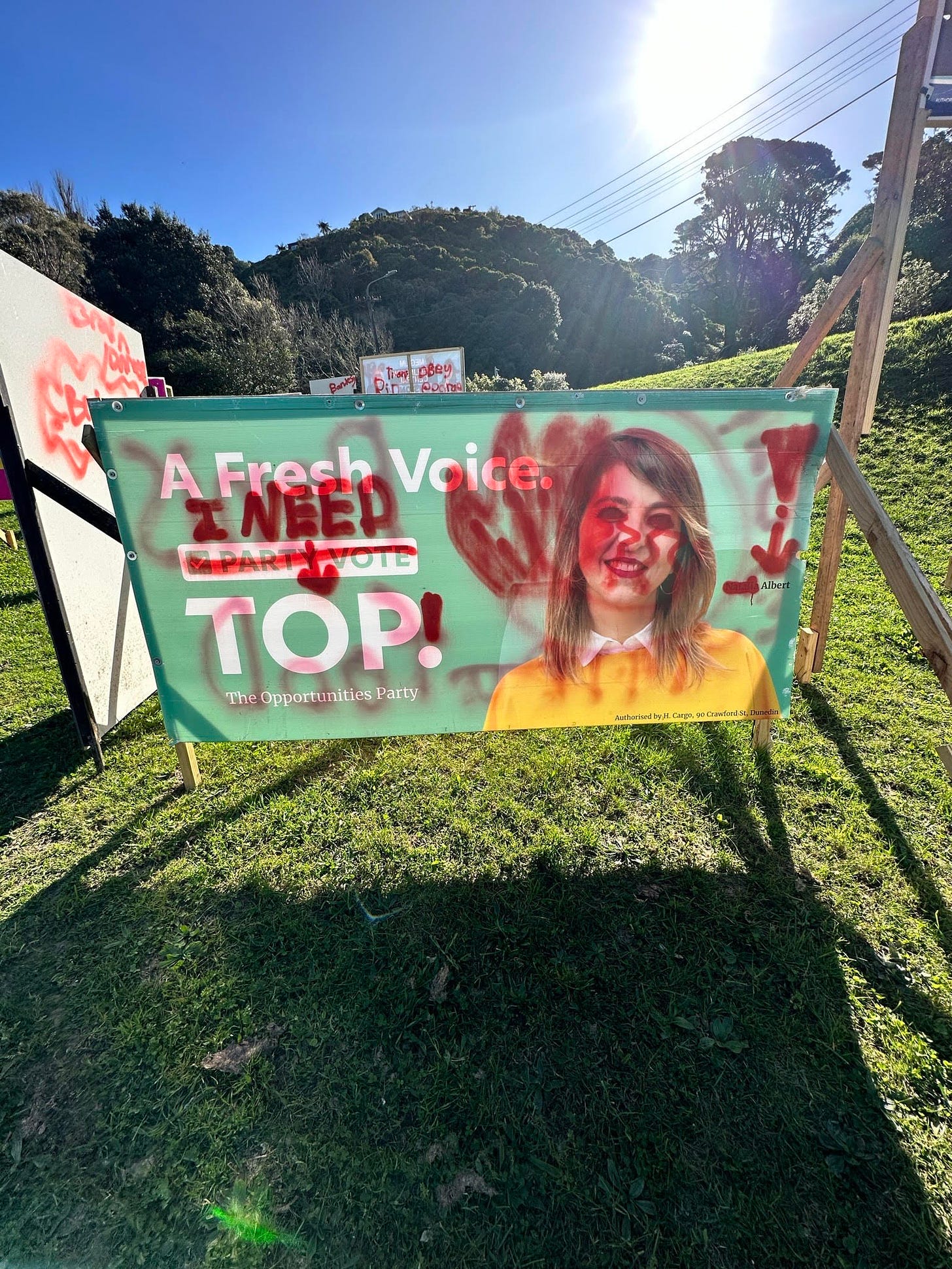
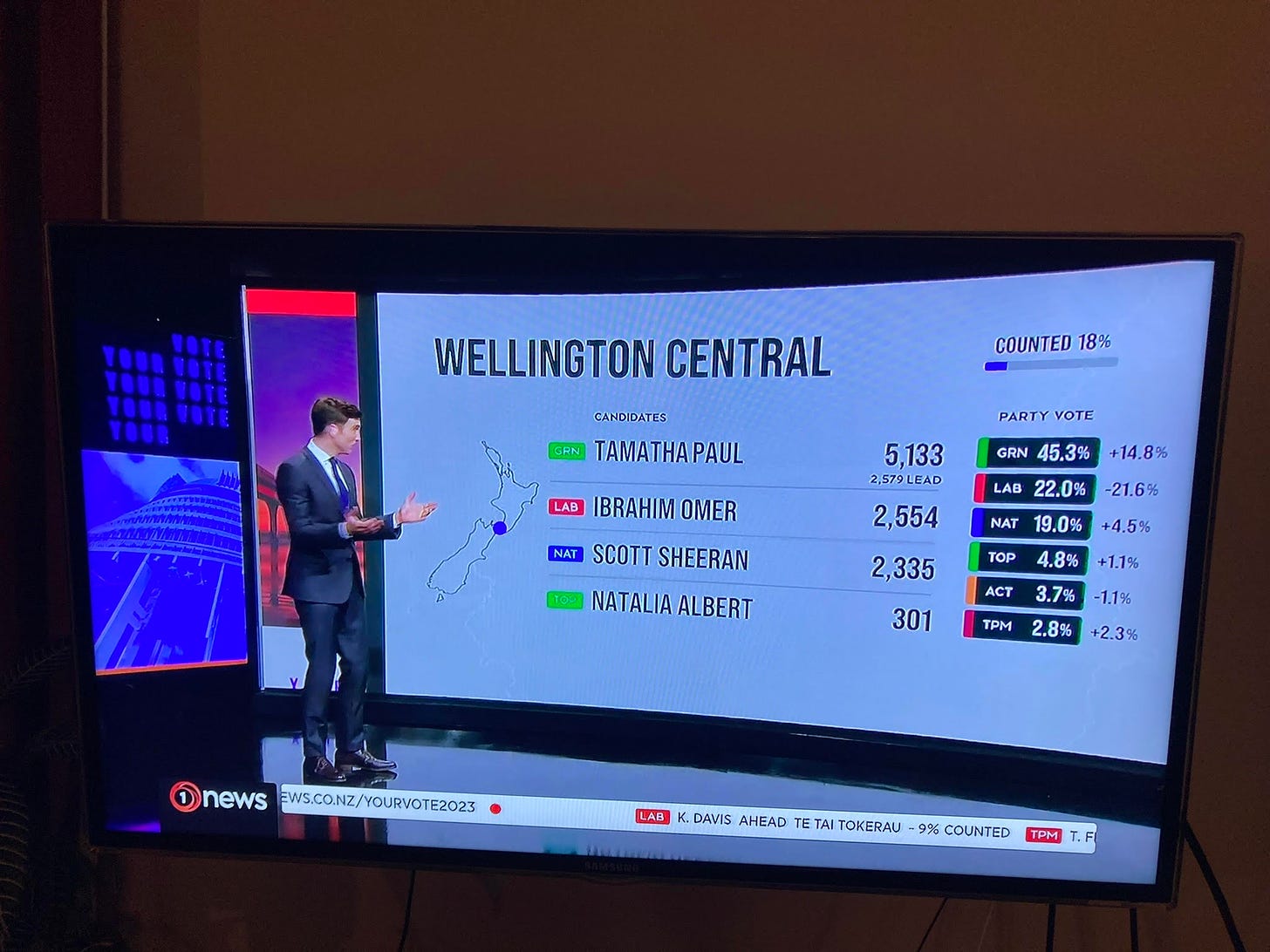
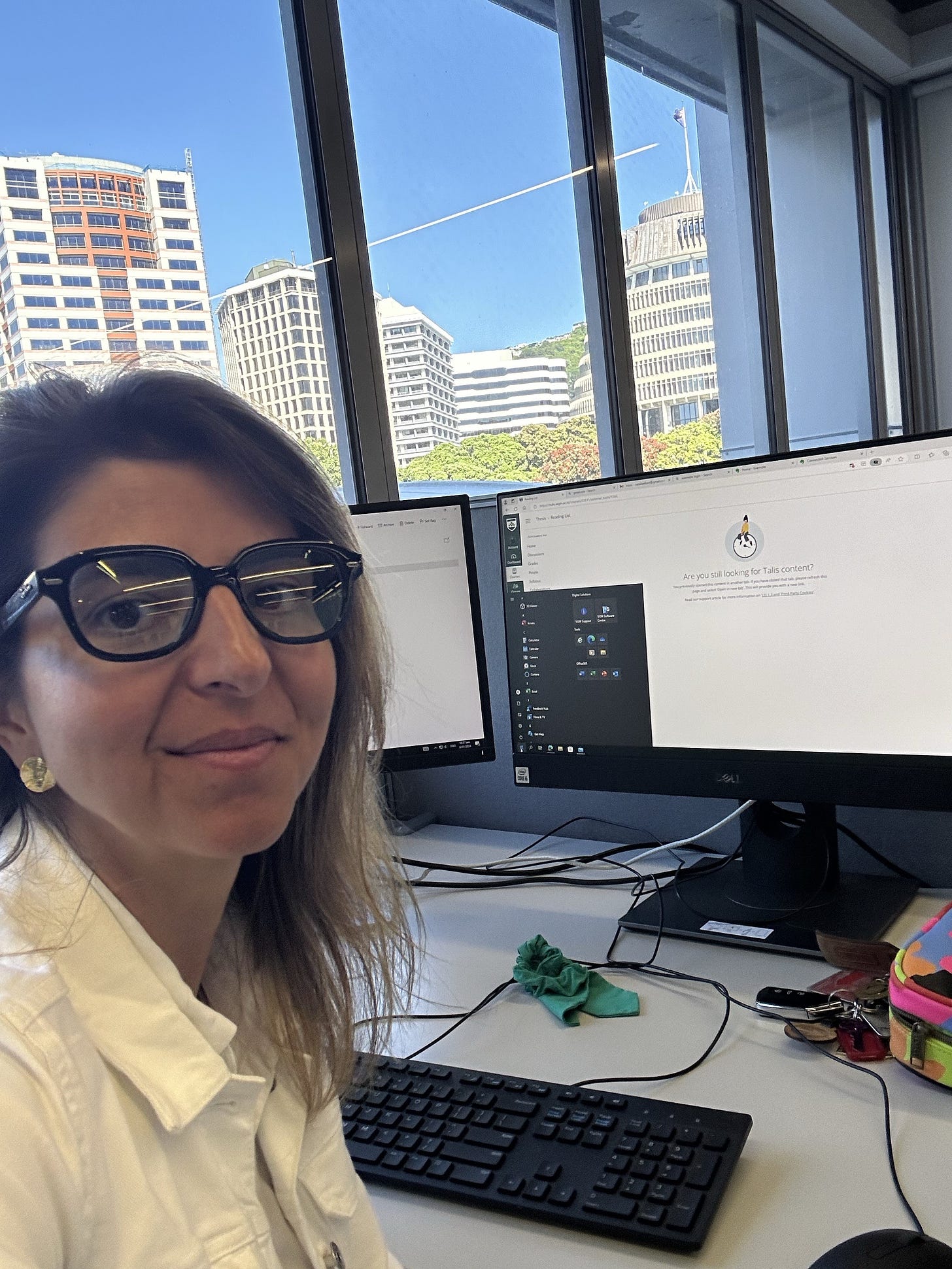
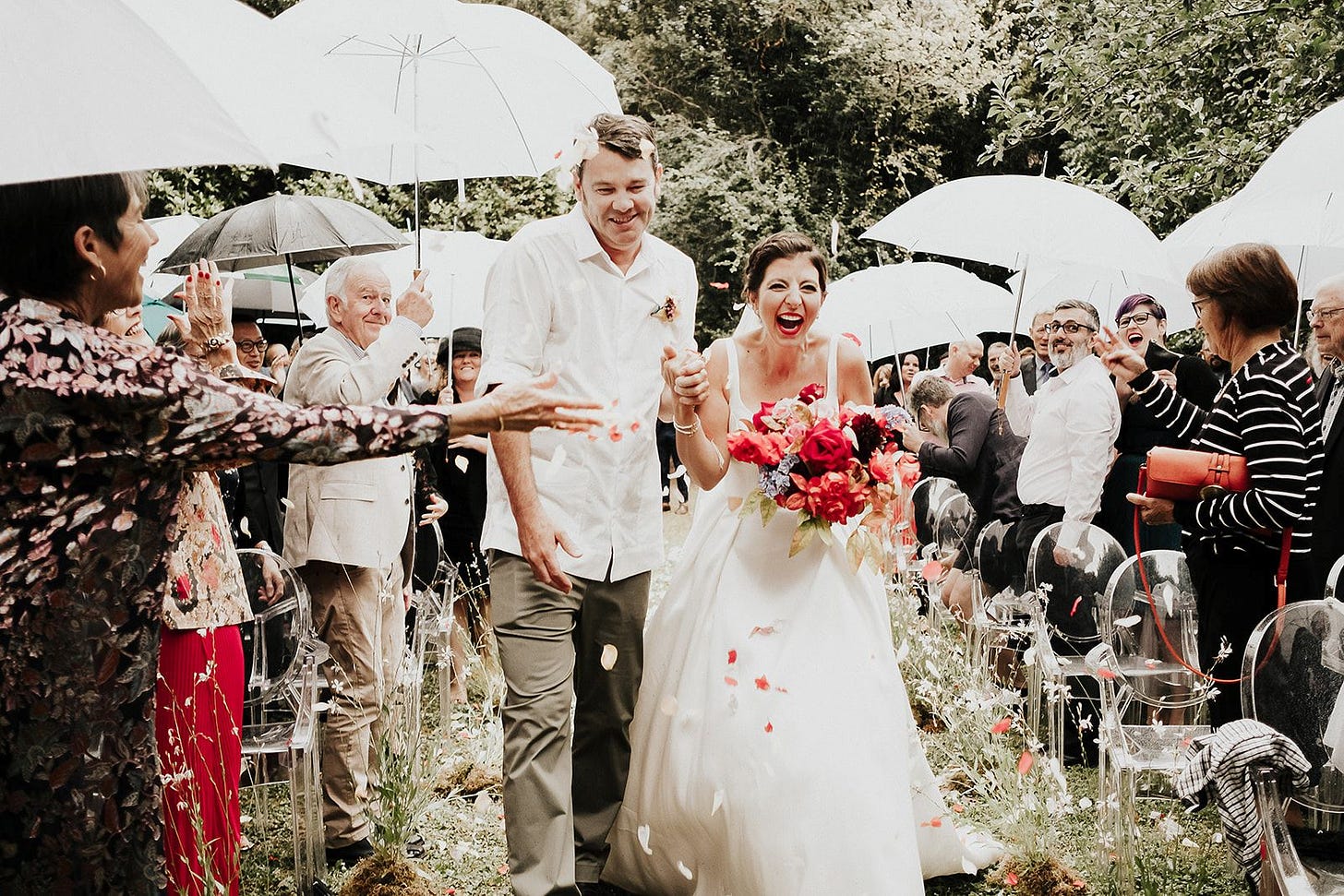
You will be greatly missed Natalia, but are very wise not to overextend yourself. Go well with your studies. And rest assured, today's issues aren't going away; we will still need someone with your passion and ability in 3 years time. Noho ora mai, Nikki Pender
Great writing, thanks so much for all your mahi Natalia. I loved watching you work. Keep going!